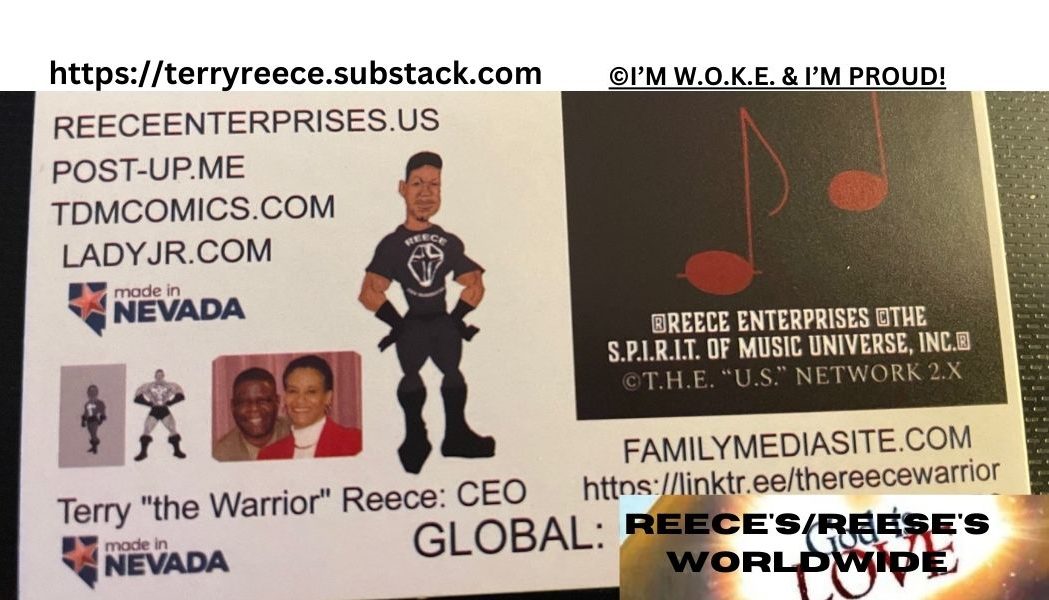
Parent company
Jazzology
Founded
1921
Founder
Harry Pace
Defunct
1924
Distributor(s)
George H. Buck Jr. Jazz Foundation
Genre
Jazz, blues
Country of origin
U.S.
Location
New Orleans, Louisiana
Official website
www.jazzology.com
Black Swan Records was an American jazz and blues record label founded in 1921 in Harlem, New York. It was the first widely distributed label to be owned, operated, and marketed to African Americans. (Broome Special Phonograph Records was the first to be owned and operated by African Americans).[1] Black Swan was revived in the 1990s for CD reissues of historic jazz and blues recordings.
History
Black Swan’s parent company, Pace Phonograph Corporation, was founded in March 1921 by Harry Pace and was based in Harlem.[2] The new production company was formed after Pace’s music publishing partnership with W. C. Handy, Pace & Handy, had dissolved.[2] Black Swan, which sought to specialize in classical recordings, served as an investment opportunity for the Talented Tenth. As recognized by Thomas Brothers, “luminaries like Jack Nail and James Weldon Johnson served on the Black Swan board of directors”, and The Crisis, the journal then edited by W.E.B. Du Bois, and published by the NAACP, invested its profits in the company.[3]
Bert Williams was an early investor in Pace Phonograph. Williams also promised to record for the company once his exclusive contract with Columbia Records ended, but he died before that could occur.
Pace Phonograph Corporation was renamed Black Swan Phonograph Company in the fall of 1922. Both the record label and production company were named after 19th century opera star Elizabeth Greenfield, who was known as the Black Swan.[4]

1921 record by Alberta Hunter
Former employees of Pace & Handy staffed the new company: Fletcher Henderson, who functioned as the recording manager, provided piano accompaniment for singers and led a small band for recording sessions. William Grant Still was named arranger and later musical director.[4] Ads for Black Swan often ran in The Crisis.[5]
Black Swan proved moderately successful. It recorded African American musicians, but as the label grew in popularity, Pace believed competing white-owned labels such as Columbia Records sought to “obstruct the progress and curtail the popularity of Black Swan Records”.[6] Although advertising for Black Swan Records claimed all its musicians and employees were African American, it sometimes used white musicians to back some of its singers.
The production company declared bankruptcy in December 1923, and in March 1924 Paramount Records bought the Black Swan label. The Chicago Defender reported the event by detailing important accomplishments of Black Swan in a short career span, including: pointed out—to the major, all white-owned, record companies—the significant market demand for black artists; prompted several major companies to begin publishing music by these performers. In addition, the Defender credited Pace with showing the majors how to target black audiences and to advertise in black newspapers. Paramount discontinued the Black Swan label a short time later.
The Black Swan label was revived in the 1990s for a series of CD reissues of historic jazz and blues recordings originally issued on Black Swan and Paramount. These CDs were issued by George H. Buck’s Jazzology and GHB labels under the control of the George H. Buck Jr. Jazz Foundation, which gained rights to the Paramount back-catalogue but not the Paramount name. Rights to the name “Black Swan Records” were also transferred to GHB…CONT… AT: https://en.wikipedia.org/wiki/Black_Swan_Records
Radio Diaries: Harry Pace And The Rise And Fall Of Black Swan Records
Updated July 1, 20216:09 PM ET
A century ago, around the dawn of the Harlem Renaissance, New York City was brimming with music. Black artists like Eubie Blake, Florence Mills and Fats Waller were performing in dance halls and nightclubs including Edmond’s Cellar and The Lincoln Theatre.

“Every block between 110th Street and 155th Street buzzed with creative energy,” says journalist Paul Slade, author of Black Swan Blues: the hard rise and brutal fall of America’s first black-owned record label.
Despite that energy, when it came to recording and selling music by Black artists, the opportunities were limited. White-owned record labels — Columbia, Victor, Aeolian, Edison, Paramount — recorded few Black artists at the time, and when they did, it was often limited to novelty songs and minstrelsy.
“They were making a fortune off these negative portrayals of Black people,” says Bill Doggett, a specialist in early recorded sound.
The Sounds of American Culture
Mamie Smith and the Birth of the Blues Market
Okeh Records was one of the first labels to break the mold. Perry “Mule” Bradford, a Black composer, pushed Okeh to record Mamie Smith and her song “Crazy Blues” in 1920. The record was a hit and entrepreneur Harry Pace took notice.
Pace had arrived in New York alongside his business partner, W.C. Handy, known as the “Father of the Blues” for writing the first commercially successful blues song, “Memphis Blues.” The two owned Pace & Handy Music Co., which published sheet music by Black composers, including some of Handy’s biggest numbers such as “St. Louis Blues” and “Beale St. Blues.”
“Harry Pace saw that there was profit to be made by Black people producing and distributing music for Black people,” says Willie Ruff, a musician and professor emeritus of Yale University.
In the spring of 1921, Pace officially launched Black Swan Records, announcing the new label with ads in Black newspapers across the country with the slogan “The Only Records Using Exclusively Negro Voices and Musicians.”
All he needed was a star…CONT… AT: https://www.npr.org/2021/06/30/1011901555/radio-diaries-harry-pace-and-the-rise-and-fall-of-black-swan-records



